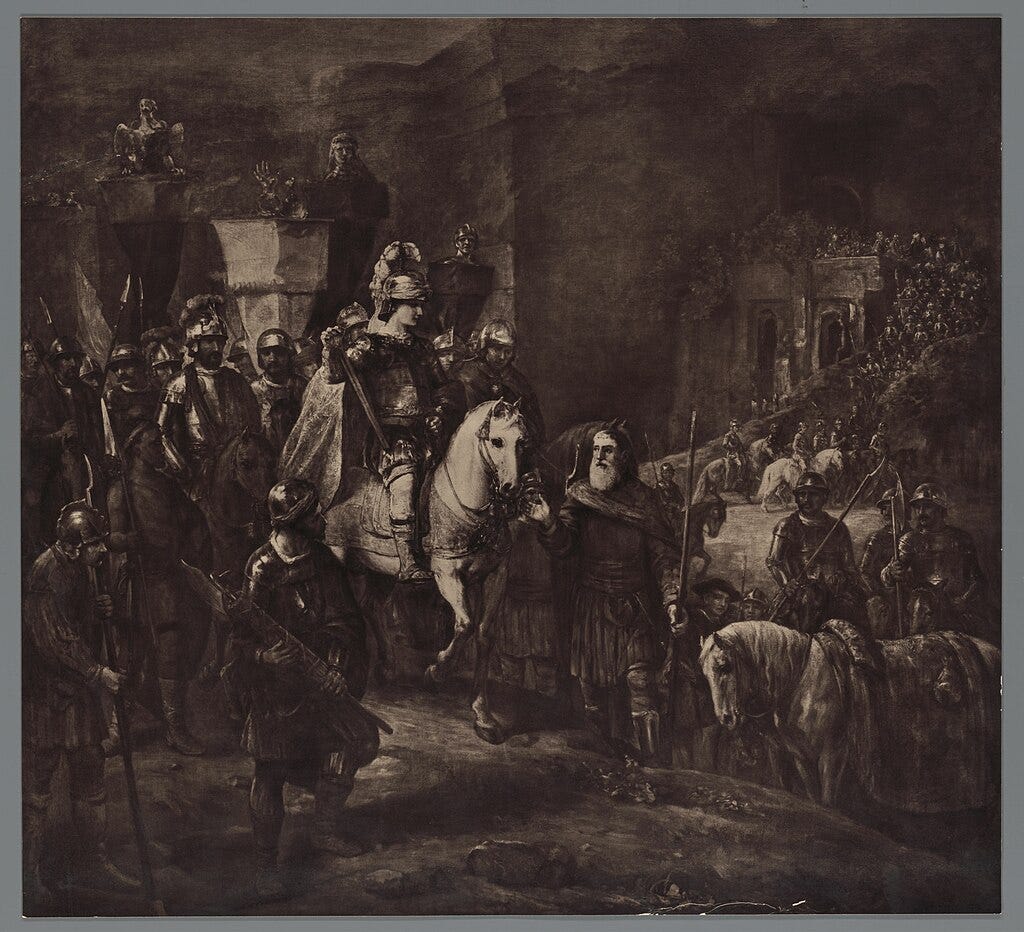
In the second Punic War, the Roman general Quintus Fabius deemed it imprudent to fight Hannibal in a direct battle, owing to the latter’s tactical brilliance. Instead, he employed a strategy of delay whereby he would avoid direct encounters with the Phoenician forces and seek victory by extending Hannibal’s lines of supply to the point of breaking, and thus earning the cognomen Cunctator1.
Though criticized by his political competitors and demeaned by the Plebs, his strategy proved effective and later led to Hannibal’s defeat by Scipio Africanus. The strategy is markedly effective when defending but cannot provide the basis for a successful attack. Sometimes it pays to delay, but sometimes the fight must be brought to the enemy, as was demonstrated by the success of Scipio in defeating the great scourge of Rome on his home soil in Africa.
As the Federal Reserve pivots from holding off inflation to addressing incipient labor market weakness, it should examine which strategy it ought now to employ.
Given that prices are heading in the right direction, and unemployment is not, it seems to us that the time is nigh for the Fed to begin to reduce the policy rate to head off rapid labor market softening at the pass. Financial conditions have relaxed somewhat since the spring but remain far too tight to support continued expansion as demonstrated by the reduction of activity in the Long Economy. Sooner or later, what happens in the Long Economy dominates what happens in the Short Economy, and that point is rapidly approaching. The Fed will likely wait until September to cut rates, but it is unclear whether that will provide enough time to arrest the cascade of negative effects that a too-loose labor market engenders.













Share this post